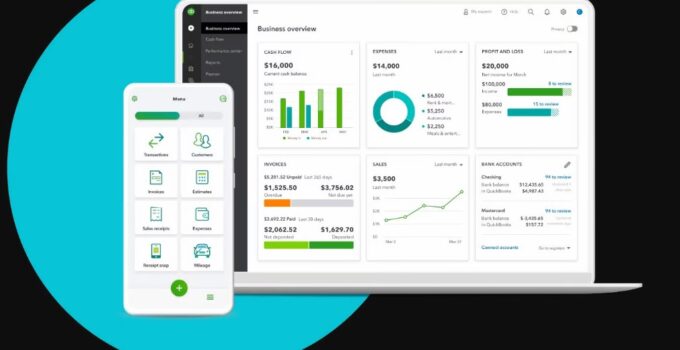Choosing the right business management software can make or break an organization. This software helps streamline operations, improve efficiency, and provide critical insights into business performance.
However, with so many options available, how do you make the right choice?
Page Contents
Understand Your Business Needs

Source: congress-intercultural.eu
Assess Current Processes
Before you start exploring software options, take a close look at your current processes. Identify the pain points and inefficiencies. Understanding where you stand helps in determining what you need whether it’s business management software or manufacturing management software. Ask yourself:
- What are the bottlenecks in your current workflow?
- Which tasks take up the most time and resources?
- Where is there room for improvement?
Define Goals and Objectives
Set clear goals and objectives for what you want the software to achieve. Whether it’s improving productivity, enhancing customer service, or managing inventory better, having specific goals will guide your decision-making process. Examples of goals might include:
- Reducing manual data entry
- Improving communication between departments
- Enhancing reporting and analytics capabilities
Key Features to Look For

Source: qsmgroup.com.au
Integration Capabilities
In a business, various systems and applications are already in use. Your new business management software should integrate seamlessly with these existing systems. This includes accounting software, CRM tools, and email platforms. Look for software with robust APIs and compatibility with your current tech stack.
Scalability
Your business is likely to grow, and your software should be able to grow with it. Choose a solution that can scale according to your future needs. Scalability ensures that you won’t need to switch systems as your business expands, saving time and resources in the long run.
User-Friendliness
A user-friendly interface is crucial for quick adoption and efficient use. If the software is too complex, your team may resist using it, defeating the purpose of implementation. Look for intuitive design, easy navigation, and comprehensive user guides or training sessions.
Customization Options
Every business has unique needs. The ability to customize the software to fit your specific requirements is a significant advantage. Customizable dashboards, reports, and workflows can make the software more relevant and useful for your business.
Security and Compliance

Source: cgtechnologies.com
Data Security
With cyber threats on the rise, data security should be a top priority. Ensure that the software offers robust security features such as encryption, regular backups, and user access controls. Check if the provider complies with industry-standard security certifications like ISO/IEC 27001.
Compliance with Regulations
Depending on your industry, you may need to comply with specific regulations (e.g., GDPR, HIPAA). Ensure that the software supports compliance with these regulations. This can save you from legal issues and ensure your business operates within the law.
Vendor Reputation and Support

Source: bitsight.com
Research the Vendor
The reputation of the vendor can tell you a lot about the software’s reliability. Look for vendors with a proven track record and positive customer reviews. Check out case studies and testimonials to see how the software has helped other businesses.
Customer Support
Good customer support is essential, especially during the implementation phase. Ensure that the vendor offers comprehensive support options, including phone, email, and live chat. Consider the availability of support services, such as 24/7 assistance, which can be crucial for resolving issues promptly.
Cost Considerations

Source: bairesdev.com
Total Cost of Ownership
While the initial purchase price is important, consider the total cost of ownership. This includes licensing fees, implementation costs, training expenses, and ongoing maintenance. Ensure that the software fits within your budget without compromising on essential features.
Return on Investment
Evaluate the potential return on investment (ROI) the software can offer. Consider how much time and resources it will save and how it will contribute to your business goals. A higher upfront cost might be justified if the long-term benefits outweigh the expenses.
Final Words
Choosing the right business management software is a critical decision that can significantly impact your organization’s efficiency and growth. By understanding your needs, evaluating key features, ensuring security and compliance, researching vendors, considering costs, and involving stakeholders, you can make an informed choice.





